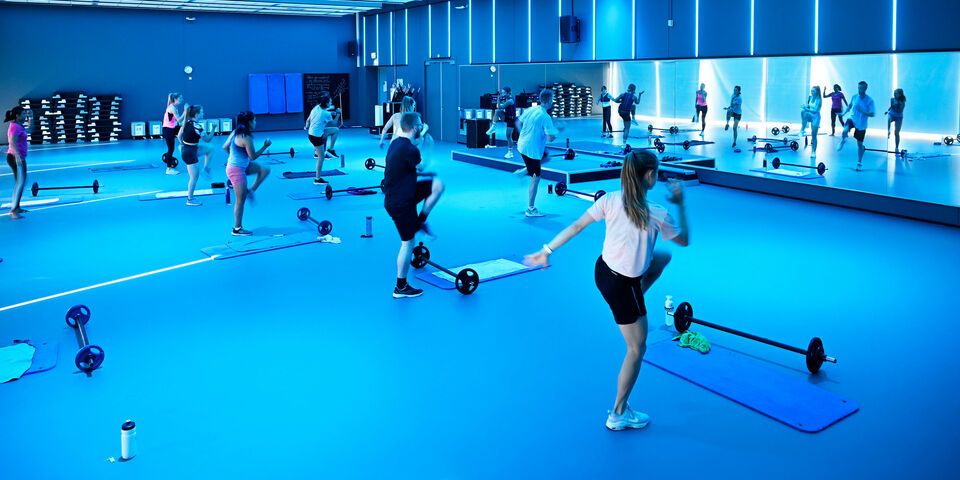Student athletes can breathe a sigh of relief: for the time being, they won’t have to pay two or three times more for their sports pass, as universities and associations had feared. Minister Bruins promised the House of Representatives yesterday that he will not enforce his ‘policy rule’ for now.
The rule in question states that public funds may not be used for private activities. A month ago, the ministry sent a stricter interpretation of this rule to educational institutions. Education funds must not disrupt the private market, so students should technically be paying a “market-based” price for sports facilities.
According to the university association UNL, this could mean that a sports subscription would cost €700 instead of the current €200. Students launched protests and called on politicians via a petition to “keep sports affordable.”
Good for mental well-being
On Wednesday afternoon, the House of Representatives debated the issue. Officially, the debate was about the mental health of young people, but all parties agreed that sports play an important role in that regard.
Following critical questions from the House - including from coalition parties - minister Bruins immediately relented: he promised not to enforce his own policy rule for the time being. He fully agreed with the House that sports are beneficial to students’ academic performance, social connections, and mental well-being.
He admitted that he hadn’t anticipated all the price increases his policy would lead to. His only intention, he said, had been to clarify the policy rule.
And what about cultural activities?
Sandra Beckerman from the Socialist Party (SP) called the minister’s approach “out of touch with reality.” She urged him to implement a quicker, definitive solution: just make an exception for student sports. But coalition partners backed the minister in his wish to first examine the full consequences for students and education.
The minister suggested he’s open to an official exemption, but added that all students must be able to benefit from such facilities. “Can vocational students (MBO) use them as well? That has to be part of this discussion.”
Theater, music, dance, comedy - many other student activities are also often indirectly subsidized by educational institutions, for example by offering free access to venues or theaters. It remained unclear on Wednesday whether Bruins’ promise not to enforce the rule also applies to cultural activities.


Discussion